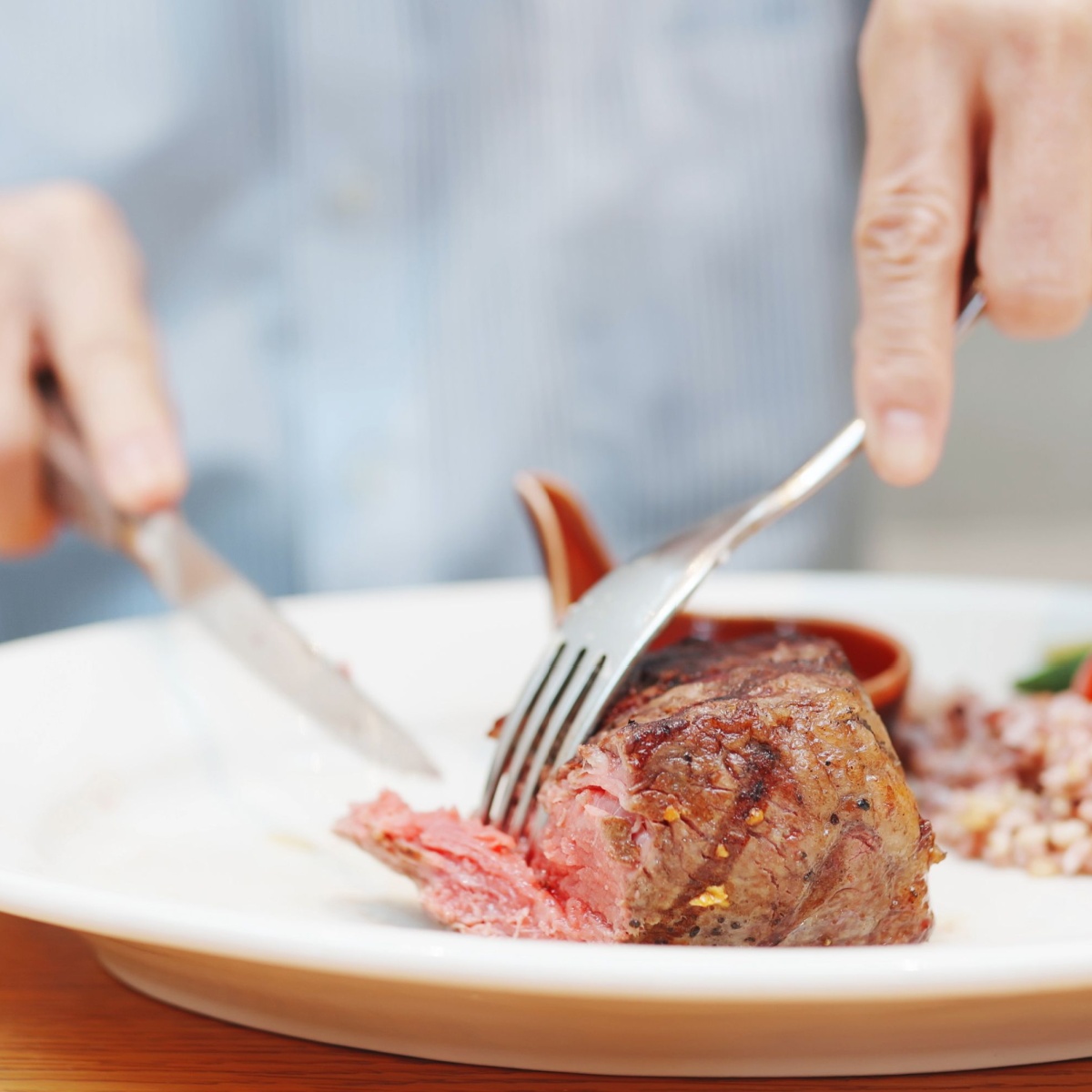
1. Eating more protein
Protein has a higher thermic effect compared to fats and carbohydrates, meaning your body burns more calories digesting protein. This can help increase your overall calorie expenditure and support fat loss.
Protein helps you feel fuller for longer, reducing the likelihood of overeating and snacking on unhealthy foods. This can help control your overall calorie intake, which is crucial for losing belly fat. "Protein helps you feel full longer to avoid eating too many carbs and calories; it also has a positive effect on your metabolism due to the thermal effect of protein (you burn approx. 30% of the calories you consume from protein during digestion), and it helps you to put on more muscle to build a strong and lean core," McKenzie says.
2. Reduce refined sugars and processed foods
Refined sugars and processed foods are often calorie-dense but nutritionally poor. High consumption of refined sugars can cause spikes and crashes in blood sugar levels, leading to increased hunger and cravings.
"Reducing refined sugars and processed foods helps to minimize bloat and increase fat storage. When you have too many carbs, your body has to resort to storing the sugar in fat cells," McKenzie notes.
3. Eat more fiber-rich foods
Fiber absorbs water and expands in your stomach, helping you feel fuller for longer. It also slows down the absorption of sugar into the bloodstream, which helps maintain stable blood sugar levels. Stable blood sugar levels can prevent insulin spikes, reducing the storage of fat around the belly area.
Some fiber-rich foods include apples, berries, broccoli, carrots, Brussels sprouts, oats, quinoa, chia seeds, and flaxseeds.
"Fiber-rich foods help you feel fuller longer to avoid overconsumption of processed foods and carbs and to help you stay in a calorie deficit to lose weight. It also helps with digestion, which can decrease bloat," she adds.


